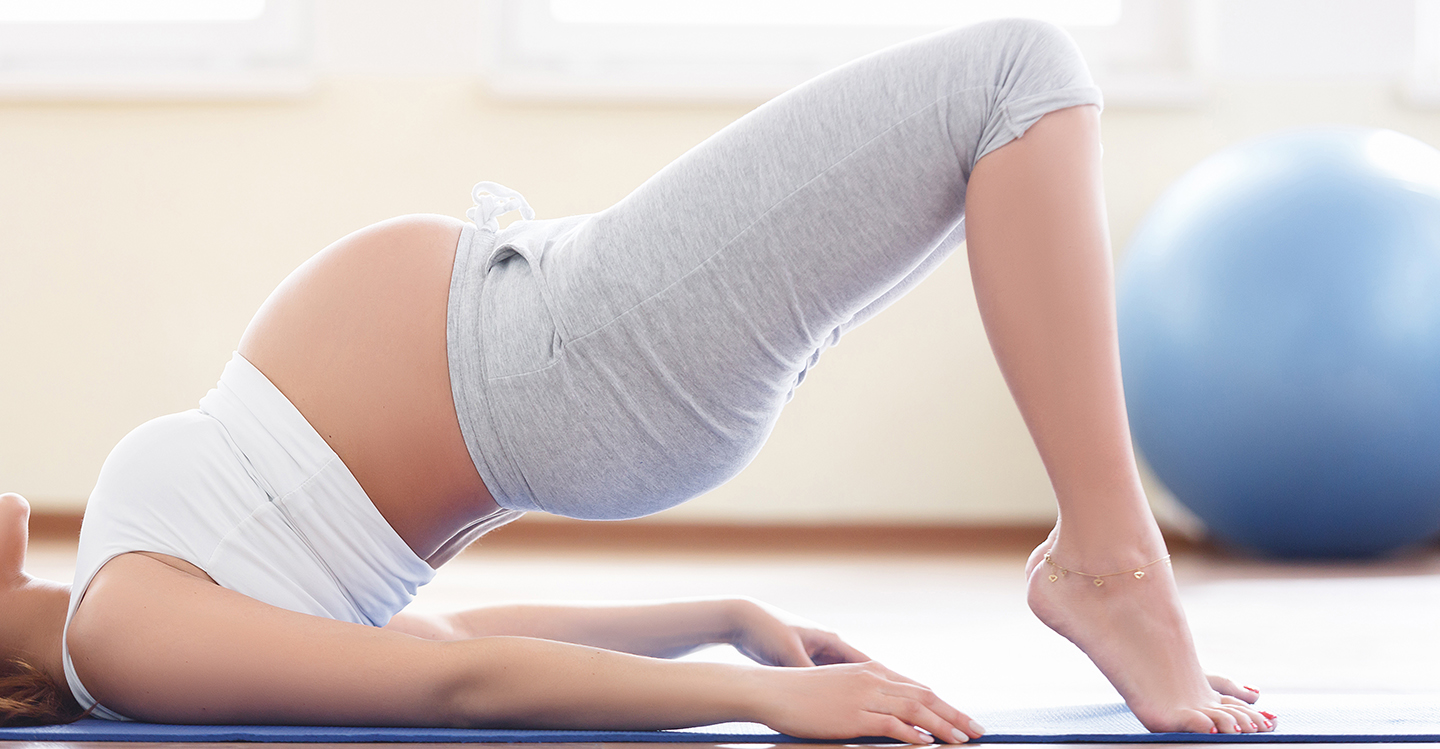Week 13 to Week 27
Your second trimester is a period of growth for your baby. Often this is a manageable period for you as your body has adapted to the changes of pregnancy, but your baby hasn’t grown to dominate your lifestyle. It’s quite possible to continue most physical activity throughout this period because your bump isn’t yet prohibitive.
What’s happening to my baby?
During this period your baby will start to really move, and your belly will grow noticeably – any chances of concealment will be hard! Your baby will also develop its own sleep cycle, which is independent from yours.
Your baby will also start to fill out, leaving behind that “top-heavy” appearance of its early days. You can see this in an ultrasound around week 20.
If your baby is born prematurely after week 24, it will need specialist intensive care to survive.
By the end of the second trimester, your baby will be between 30 and 40 cm in length.
Your baby’s eyesight and reflexes are developing, and they are becoming quite active. Your baby will develop vocal cords, finger and toenails and even eyelashes.
What’s happening to me?
Your bump is really starting to show now, although it will look more like a pot belly than a fully-fledged pregnancy.
You may experience indigestion as your body diverts nutrition to your baby; you may want to consider eating smaller more frequent meals to manage this.
As your weight increases, you may begin to experience back pain. Consider speaking to a specialist about managing this because it can make day-to-day life difficult and sleep uncomfortable. Your skin will increase its pigmentation too, becoming darker in certain areas such as around your abdomen or nipples.



